How does feminism influence the anime we consume?
With the passage of time, feminism has gradually flooded all the multimedia content that we see daily, often with ideas that many find strange or meaningless due to perhaps extremist or exaggerated positions, just as there are those who accept them for making them visible. sectors that at the time were ignored and/or minimized due to many reasons, factors or social contexts of the time.
What's up, internet strangers?

Today we are going to see how feminism has permeated the anime that you and I consume.
A bit of context of feminism To understand a little more about what the matter is about, let's deepen what is necessary about what feminism is. According to the RAE, two definitions can be found regarding this movement, which are: «Principle of equal rights of women and men» and «Movement that fights for the effective realization in all orders of the feminism". With this clear, it can be easily understood that what this current is seeking is equality at a social level and also of those rights that in the past were culturally attributed purely to the male sex, such as voting and education.

Many were the achievements obtained by the movement in the feminist explosion that gave rise to it in the last century. The practice of sports, the right to a fixed salary, even the destigmatization of the use of pants (that's right, because it was classified as unfeminine), were the achievements that laid the foundations for what the feminist movement seeks today. promote by giving visibility to gender inequalities present in contemporary society.
Be careful, here I am going to focus on the issues that affect the world of anime and tangentially to the cinema, if you come with the intention of looking for political and/or economic overtones, go back where you came from!
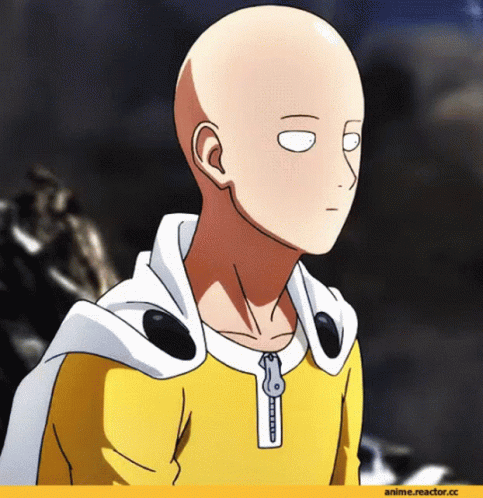
Gender (In)Visibility?
Goku, Naruto, Ichigo, Luffy, etc. Many of these protagonists are loved and remembered with a certain nostalgia within the fandom for being among the first that several of us met when we just entered and delved a little into what this whole world of anime was, and although some are better written than others, They will remain in our memory for many years.

Now, if we look at the above, it will be noted that these examples that I gave are only men, why? Do anime and manga writers make women invisible by always creating male characters? Well, the answer is No. Most of the popular animes that are taken today are Shonen demographics, which means that their target audience in general is young men (I will talk a little more about market segmentation later), since it is portrayed the ideal of a man for a man, as opposed to the Shoujo demographic, whose target audience is young women.
Hey, but what I want to see are strong women. Aren't there outstanding women in popular productions? But of course they do exist. Many of us know Ryuko Matoi from Kill la Kill, Emma from Yakusoku no Neverland, San from Princess Mononoke or without going any further, Chihiro Ogino from Spirited Away. All of them are strong women, well written and who stand out for their history, their personality or the extravagance of their aesthetics.

And it is that many fall into the mistake of thinking that creating a strong female character must be someone combative, someone who knows how to fight and defend herself, but is totally unaware that there are many other ways to be strong without falling into physical contexts. Intelligence, the very popular resilience or will, are many characteristics that can also be attributed to characters who are strong (I don't know about you, but it was impossible not to think of Emma). So no, you don't need to retract a violent woman to show she's strong, although writing such a character isn't bad either. There we have Commander Motoko from Ghost in the Shell.

Even so, depending on what you focus on consuming, there will be a story that will be told from the point of view that the author wants to tell it, it may be from the perspective of a woman, man, animal, etc., but that it stands out for who he is and not pretending that we assume that he is good strictly because of his sex, that is, to shine because of his substance, not because of his form.
Feminism and political correctness
Much has been said about this issue, but then... What is political correctness? We understand what is politically correct as: «Everything that takes into account the values of all human groups and avoids any possible discrimination or offense towards them for reasons of sex, race, political ideology, religion, etc.«, and this desire to «not offending» any social group is what I consider is gradually digging the grave, leading everything to the conditioning of what is consumed today.
Those who are popularly called "The offended" are that group of people who have a low degree of tolerance for public disclosure that is not in line with the ideological principles that they handle, all this encompassed in the little permissibility that many people drive today, reaching the point of creating a scandal and giving unnecessary visibility to issues that really should not have, as in the case of Hana Uzaki's breasts.

And so, as you know, Twitter has become the nest of media toxicity where those people who have a certain type of extremist ideology, let their lack of tolerance shine and begin to launch value judgments that seek to «cancel» everything that goes against what they militate.
Putting on the table arguments in which "their bodies are not realistic enough" since "real" women do not have those striking physiques (because the truth is they are). Ready, it may be valid, but and… women who are naturally voluptuous, where are they? When there are women with these qualities, are they automatically objectified? Couldn't they feel identified by seeing a character with those attributes?

Also, if the criticism is based on the unrealism of the bodies, why does nobody say anything about Jotaro from Jojo's, who at the beginning of his arc was a minor. Or without going much further, with the popularity that Baki is having in recent weeks. Both are examples of bodies that are clearly sexualized. And beware, I am not saying that sexualization is bad, on the contrary, I consider it positive within the rules of the market. What I do consider negative is the equalization to the status of thing or object, and I will explain this difference between objectification and sexualization later.

The controversies have reached such a point that things that one would not even expect to happen, surprisingly, do happen. The most recent example can be seen in the case of the alleged "Sexualization of Anya Forger" from the Spy x Family series. Feminist extremism twists things, like any other kind of extreme, and begins to give it totally wrong connotations where there really aren't any. In addition, in what head fits the fact that a 6-year-old girl is sexualized for feeling happy to receive appreciation from who she considers her father figure? How bad do you have to be mentally to give such a connotation?

The "positive" in all, is that the authors and the Japanese industry in general, are little or nothing interested in comments or opinions from this side of the pond, the Western Hemisphere to be more precise, so for these attempts at funa no they are going to stop producing and create more works that may or may not offend a certain group of people. And in the end, if you don't like something because you don't share how it is developed or how it is executed, then don't watch it and that's it. Do not seek to judge or cancel those who enjoy it by trying to permeabilize them with your personal beliefs.
Is it sexualized or… is it reified?

Both concepts are often taken as synonyms, but it is a reality that the application of both words carries different uses, and once again, we turn to their meaning according to the RAE. We understand by reifying: "Considering and treating someone or something that is not something as a thing." and sexualize as: «Give a sexual character to a person or thing». Basically, the difference is in the humanization and dehumanization of the people or objects that are shown.
When we sexualize, human characteristics are attributed or recognized to the object that, due to its construction, is designed to instinctively attract our attention or the person who is capable of arousing some type of sensory interest. On the other hand, when we objectify, we are subtracting any type of human value, both from ourselves and from another person, clearly letting ourselves be carried away by basic instincts. For example, those people who are used to throwing compliments on the street, and believe that by doing so they can generate some kind of positive response from the person who receives them.
Of the most popular examples of aspects of objectification in anime, are Hinata Hyuga from Naruto (Arena, come to me), Orihime Inue from Bleach and Elizabeth Liones from Nanatsu no Taizai. All three share the characteristic of going out of their way for the protagonist, being his love interest, considering themselves the Shonnen “cute woman” stereotype, having a submissive or shy personality, and having a pair of big… eyes that make them stand out from the rest. And it is sad to see that the only thing that these characters stand out for is their dependence and direct relationship with the protagonist. Oh yeah, and then there's Sakura.

Even this pattern is found in the Yaoi demographic. In most of the stories, the archetype of the «Uke» is portrayed, who is the submissive and the «Seme» who acts as the dominant of the relationship, when in reality homosexual people are those who like others of the same sex and although in intimacy can come to have some type of specific role, their interaction is not clearly based on who occupies the role of man or woman with their partner.

Now, when we refer to sexualized female characters, there are women who are in complete control of who they are, that their beauty and physical characteristics serve her, not the men who desire her and that dominance over herself is the reason for her personal empowerment. Excellent examples of this type of women are Jessica Rabbit, Bayonet or Ryuko Matoi, who have complete and total power over their body, they know they are beautiful, they feel sure of who they are and they do not place their being in function and benefit of any Meliodas. who wants to get to surpass himself with them.
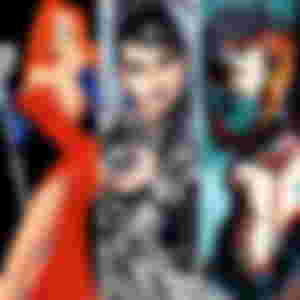
But, why in most cases are women with great attributes seen in anime? All this revolves around the objective of the market to which the product you are making is focused. In general, men have a high libido because of the percentage of testosterone vs. estrogen in the body (which in women, for the most part, is the opposite), therefore, there is nothing wrong with the existence of these characters focused on that male sector because you are simply targeting your market segment, who you know they are going to consume your product.
The really bad thing is that said character stands out only for his "magumbos" or the sensations he generates in the viewer, being clearly reduced to a "something" that looks pretty, a flat character that does not contribute to the plot. Or current case as seen in the cinema today, where many times homosexual or Afro-descendant characters are created to meet a gender quota and that its main characteristic is that, to be the scapegoat so that minorities do not feel excluded .

Conclusion
Audiovisual productions, like any other type of art, are a reflection of the society, context and culture of those who make them, as well as the interpretation that we give to what we see has a direct influence that involves our education, environment and ideologies. . And it is precisely the extremism of these feminist ideologies that often conditions the way in which others enjoy all kinds of works, showing us how intolerant we can become as a species when we do not accept something that is not directly in tune with our beliefs.

It should be noted that this is an extremely broad topic and I only addressed the points that I consider most important. Feel free to leave your opinion in the comments to encourage a healthy debate.


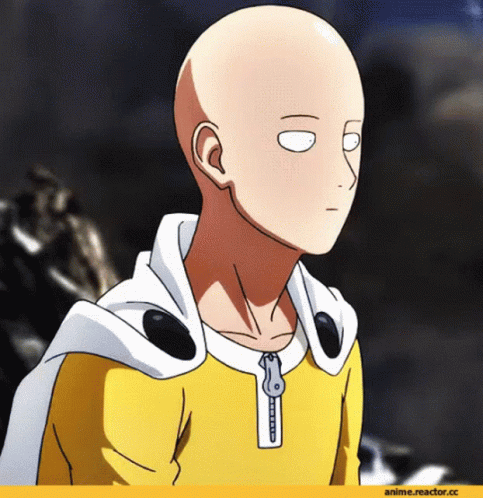
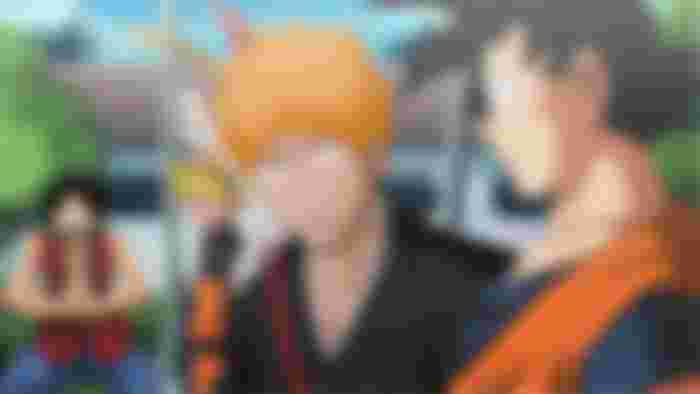
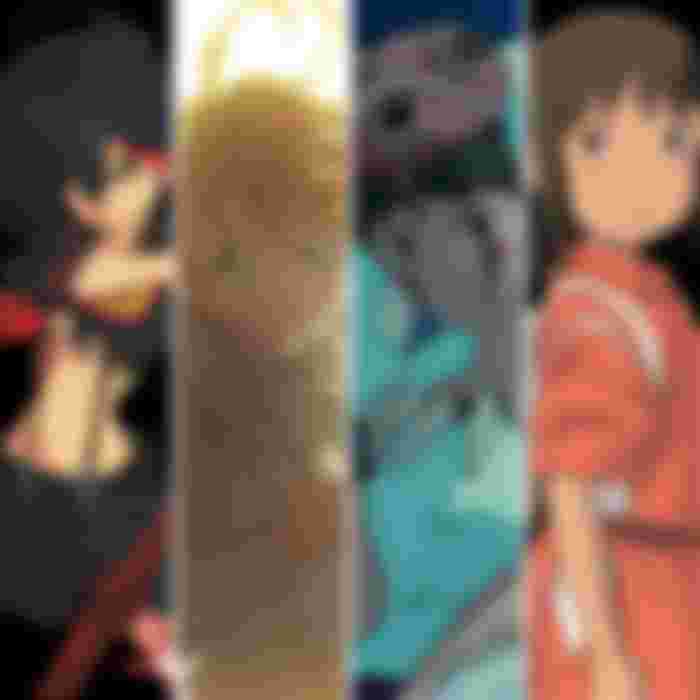







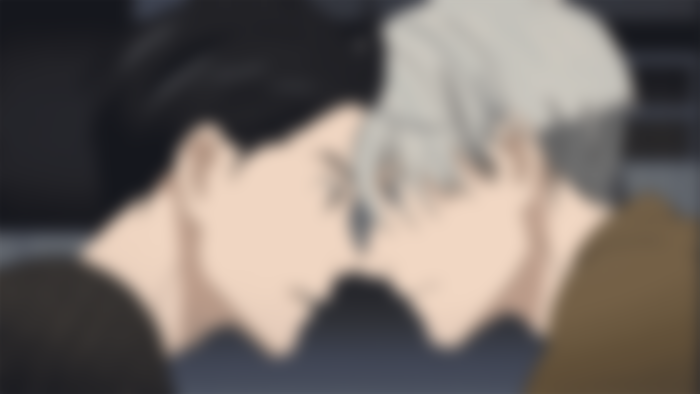
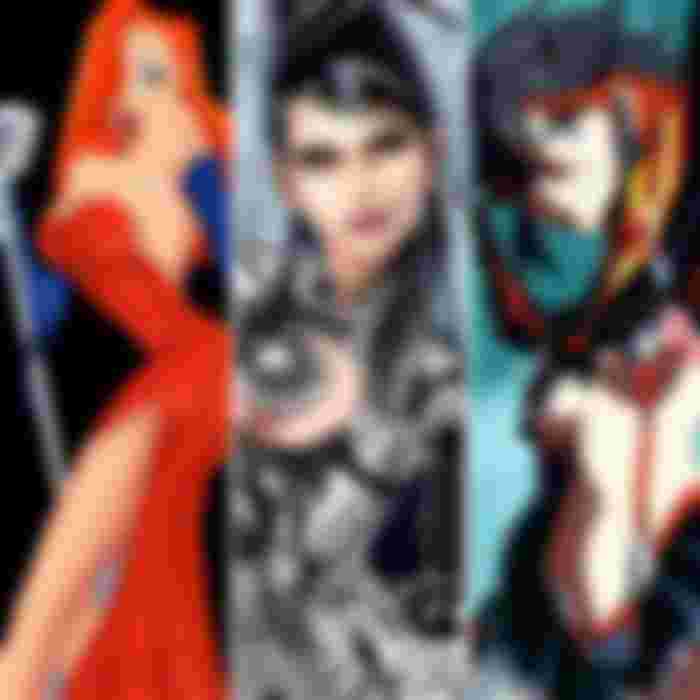


many boys idolize their favorite anime